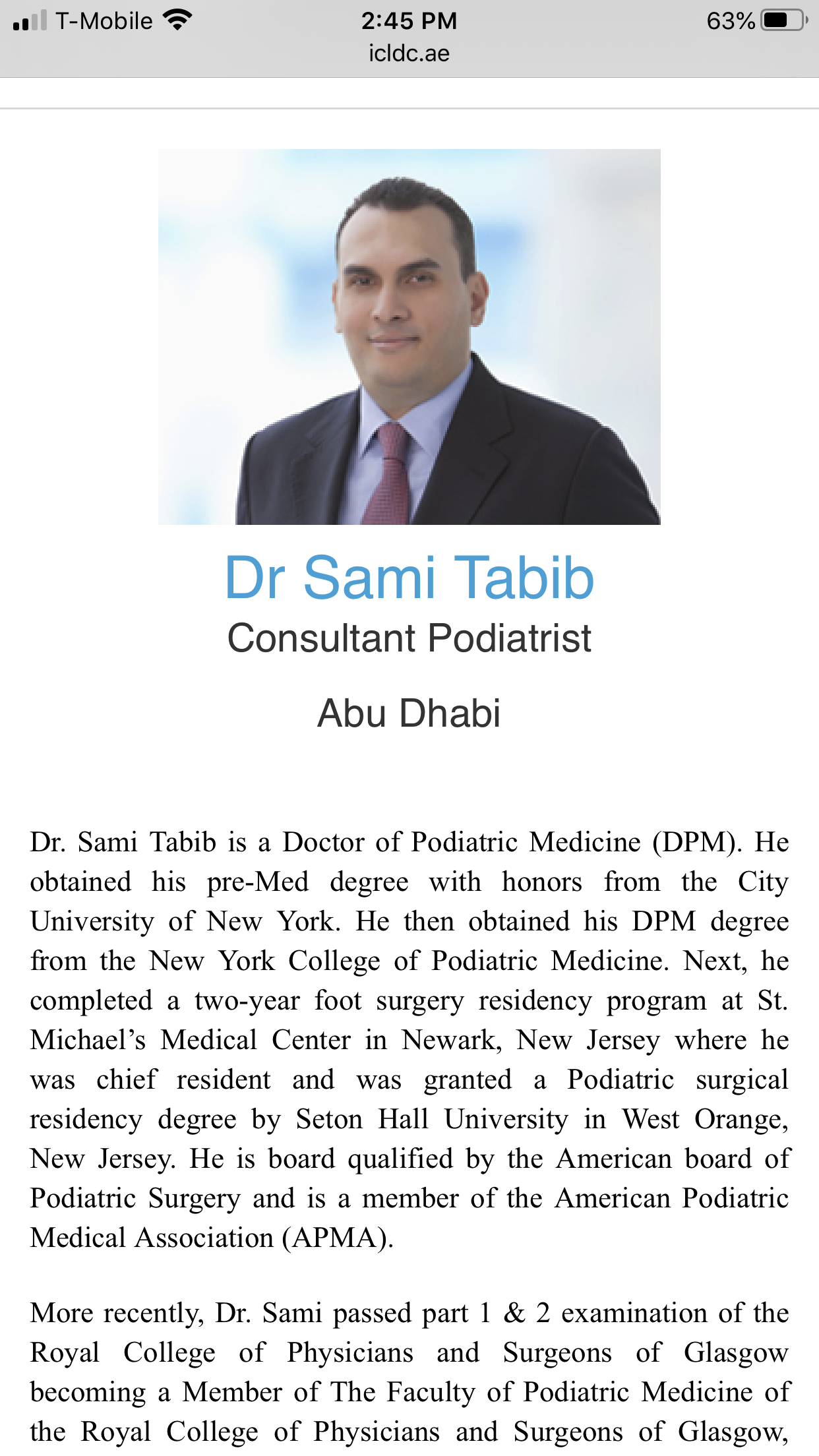The level of ignorance on here is mind boggling to say the least. It takes up to 12 years to become a podiatric surgeon in the UK. The UK system of education is unique and indeed, very rigorous. To become a podiatry surgeon in the UK, pupils go to what we call six form (years 12 and 13) for two years after high school to do advanced level (A Level) study.
After which they go to university to study podiatry for 3 - 4 years (depending the university they choose). N.B medical doctors and dentist in the UK also do a bachelors of science. Upon completion, the masters of science in podiatric surgery is then embarked upon for those so inclined (you don’t have to). This is then followed by three years of residency training and a final exam.
If successful, candidates can apply for a surgical post and after a period of three years mentoring and monitoring on the job, one can then be registered as a podiatric surgeon. The candidate can then apply for a consultancy position and use the title Mr (some would argue a higher title than Dr) before there names indicating that they are a podiatric surgeon.
Further, they will have to be trained as independent prescribers of medicine, they can order images, including X-rays, MRI, CT scans, blood tests and etc. They can do fore and rear foot surgery (depending on training) and they do have full hospital privileges.
I do agree its a long and tedious process, but when they are finished, what the public get is a very well trained practitioner. A UK trained podiatric surgeon practicing in their full scope can do everything their US counterpart does.
Now then, and this has to be said, the US DPM is not necessarily recognised in the UK. The the DPM based on UK standards is just a post graduate diploma, 120 credits after a bachelors degree. The masters of science in podiatric surgery in the uk is 180 credits.
I have nothing against the pods on the other side of the pond, tremendous respect, but I do smell a whiff of superiority in some, not all. The UK system is not less than, just different.
